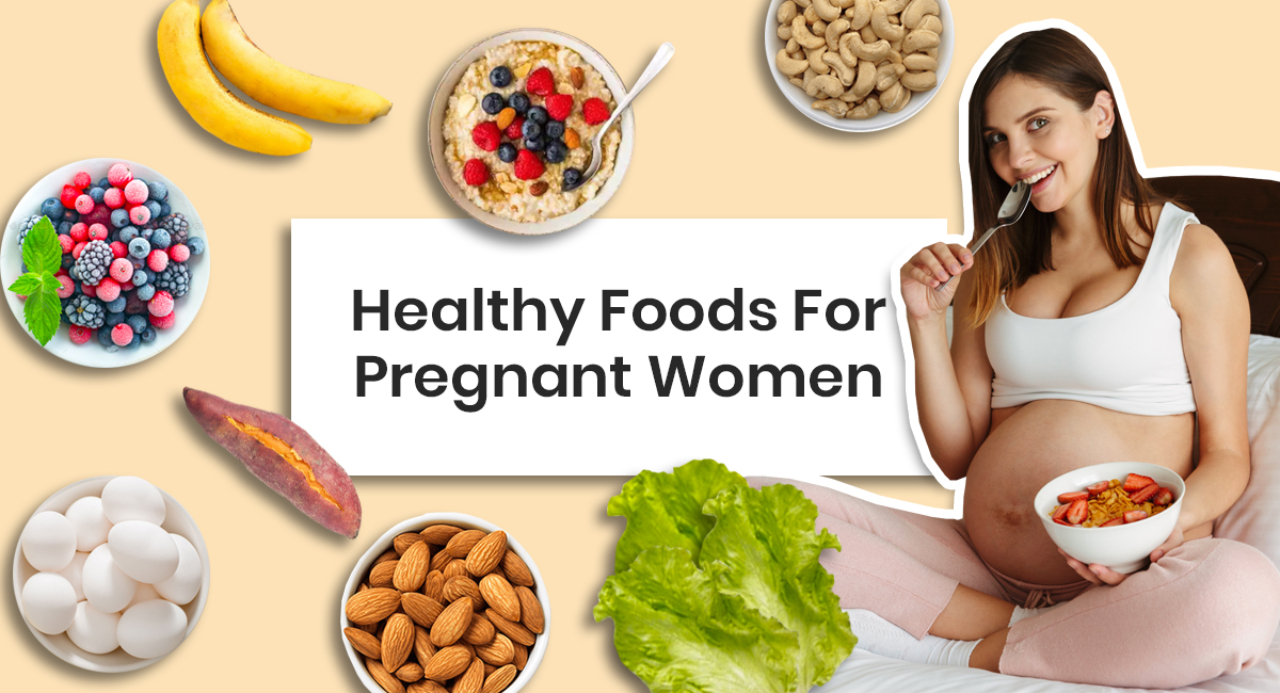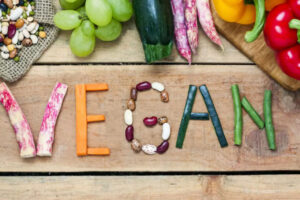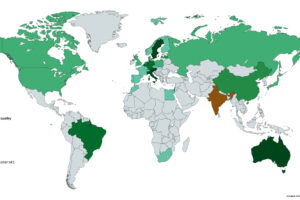Pregnancy is a time when a woman’s body undergoes significant changes, and it is essential to take care of both yourself and your baby during this period. Nutrition is an essential aspect of a healthy pregnancy, as it can help ensure the proper growth and development of the fetus. Eating a healthy and balanced diet can also help reduce the risk of complications during pregnancy, such as gestational diabetes and pre-eclampsia.
Why is nutrition crucial during pregnancy?
During pregnancy, the baby relies on the mother for all its nutrition. A well-balanced diet that contains all the necessary nutrients is essential for the proper growth and development of the fetus. Inadequate nutrition during pregnancy can lead to low birth weight, preterm delivery, and even birth defects.
What are the benefits of eating a healthy diet during pregnancy?
Eating a healthy and balanced diet during pregnancy has numerous benefits. It Some of these benefits include:
- Proper growth and development of the fetus
- Reduced risk of complications during pregnancy
- Increased energy levels
- Better mood and mental health
- Improved immune system function
- Easier postpartum recovery
What nutrients are necessary during pregnancy?
During pregnancy, the body requires more nutrients than usual. Some of the essential nutrients that pregnant women need include:
- Protein: Helps with the growth and repair of tissues, including those of the fetus.
- Iron: Helps with the production of red blood cells and the delivery of oxygen to the fetus.
- Calcium: Helps with the development of the baby’s bones and teeth.
- Folic acid: Helps prevent birth defects in the baby’s brain and spine.
- Vitamin D: Helps with the development of the baby’s bones and teeth and improves the mother’s immune system.
- Omega-3 fatty acids: Helps with the development of the baby’s brain and eyes.
Protein-rich Foods
Protein is essential during pregnancy as it helps with the growth and repair of tissues, including those of the fetus. Some of the best sources of protein for pregnant women include:
- Lean meat
- Poultry
- Fish
- Beans and lentils
- Nuts and seeds
- Eggs
Pregnant women should aim to consume around 70-100 grams of protein per day.
Iron-rich Foods
Iron is necessary during pregnancy as it helps with the production of red blood cells and the delivery of oxygen to the fetus. Some of the best sources of iron for pregnant women include:
- Lean meat
- Poultry
- Fish
- Legumes
- Leafy green vegetables
Pregnant women should aim to consume around 27 milligrams of iron per day.
Calcium-rich Foods
Calcium is essential during pregnancy as it helps with the development of the baby’s bones and teeth. Some of the best sources of calcium for pregnant women include:
- Dairy products
- Leafy green vegetables
- Fortified foods such as tofu and orange juice
Pregnant women should aim to consume around 1,000 milligrams of calcium per day.
Folic Acid-rich Foods
Folic acid is necessary during pregnancy as it helps prevent birth defects in the baby’s brain and spine. Some of the best sources of folic acid for pregnant women include:
- Leafy green vegetables
- Fortified grains and cereals
- Beans and lentils
- Citrus fruits
Pregnant women should aim to consume around 600-800 micrograms of folic acid per day.
Vitamin D-rich Foods
Vitamin D is necessary during pregnancy as it helps with the development of the baby’s bones and teeth and improves the mother’s immune system. Some of the best sources of vitamin D for pregnant women include:
- Fatty fish such as salmon and tuna
- Fortified milk and orange juice
- Egg yolks
Pregnant women should aim to consume around 600-800 IU of vitamin D per day.
Omega-3 Fatty Acids
Omega-3 fatty acids are necessary during pregnancy as they help with the development of the baby’s brain and eyes. Some of the best sources of omega-3 fatty acids for pregnant women include:
- Fatty fish such as salmon and tuna
- Flaxseed and chia seeds
- Walnuts
Pregnant women should aim to consume around 200-300 milligrams of omega-3 fatty acids per day.
Foods to Avoid
During pregnancy, there are certain foods that pregnant women should avoid as they can be harmful to their health and the baby’s health. These include:
- Raw or undercooked meat, poultry, and fish
- Unpasteurized dairy products
- Deli meats
Conclusion
Eating a healthy and balanced diet is essential during pregnancy as it provides the necessary nutrients for the proper growth and development of the fetus. Pregnant women should consume a variety of foods rich in protein, iron, calcium, folic acid, vitamin D, and omega-3 fatty acids. It is also essential to avoid certain foods that can be harmful to their health and the baby’s health.








